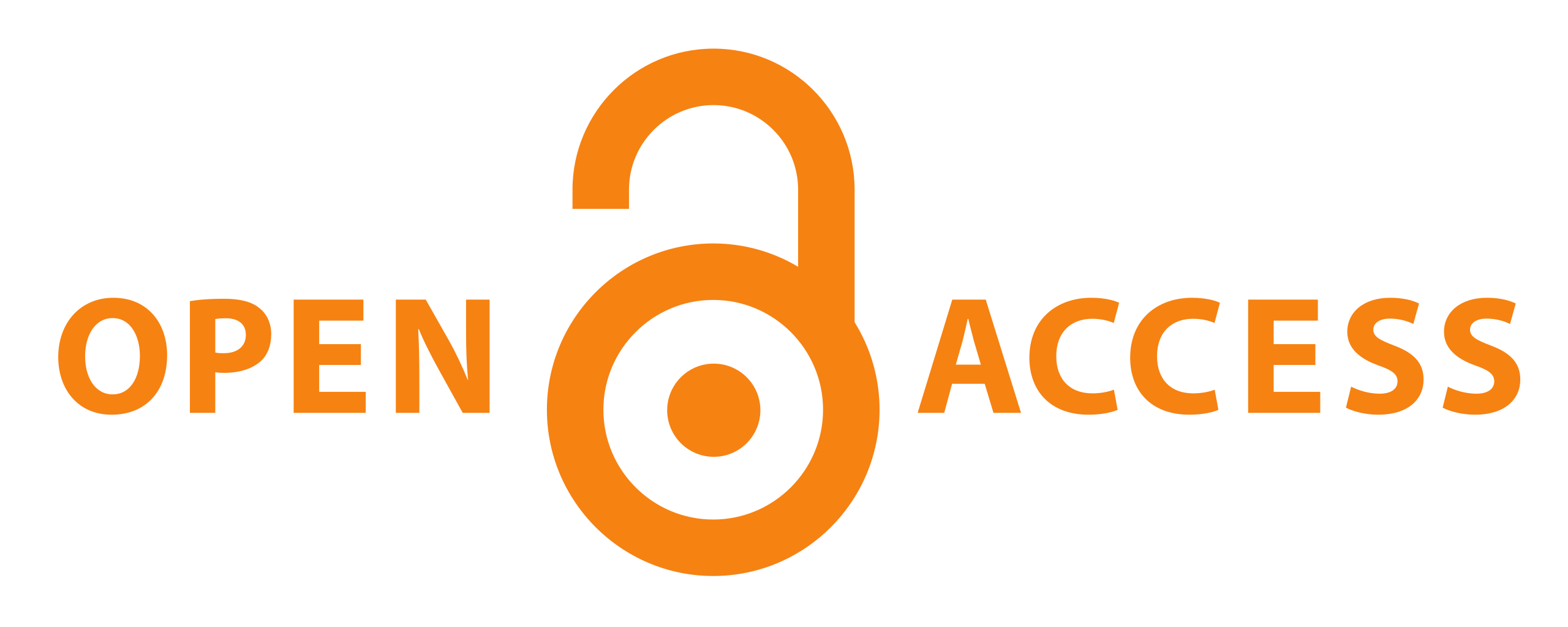The role of the Tambi Tea Plantation Industry in the local economy in the Wonosobo Region
DOI:
https://doi.org/10.55942/ccdj.v3i2.322Keywords:
Plantation Industry, Tambi Tea, Employment, Local EconomyAbstract
This research aims to analyze the role of the Tambi tea plantation industry in the local economy of the Wonosobo region. A descriptive approach was used, collecting data from various primary and secondary sources such as interviews, historical documentation, and related literature. Research instruments included interview guides and observation sheets. Data analysis methods used were content analysis and descriptive statistics. Data validity was checked through data triangulation, comparing and verifying data from various sources to ensure consistency and reliability. The results showed that the Tambi tea plantation industry has played an important role in enhancing the local economy in the Wonosobo region. This research faced limitations in access due to certain areas being restricted for visitors. Limited time also constrained the depth of analysis and the number of samples that could be studied, as well as the number of respondents for interviews. The historical development of this industry also illustrates significant social and economic changes in the local community. This research provides valuable insights for local stakeholders, the plantation industry, and researchers in the fields of economics and local development.
References
Ahmad, M., Kuldasheva, Z., Nasriddinov, F., Balbaa, M. E., & Fahlevi, M. (2023). Is achieving environmental sustainability dependent on information communication technology and globalization? Evidence from selected OECD countries. Environmental Technology and Innovation, 31. https://doi.org/10.1016/j.eti.2023.103178
Altieri, M. A., & Nicholls, C. I. (2017). Agroecological foundations for pest management in the tropics: Learning from traditional farmers. Integrated Pest Management in Tropical Regions. CAB International, Wallingford, UK, 6–17.
Braun, V., & Clarke, V. (2006). Using thematic analysis in psychology. Qualitative Research in Psychology, 3(2), 77–101. https://doi.org/10.1191/1478088706qp063oa
Burns, R. P., & Burns, R. (2008). Business research methods and statistics using SPSS. Sage.
Fahlevi, M. (2023). A Systematic Literature Review on Marine Tourism in Business Management: State of the Art and Future Research Agenda. Journal of Tourism and Services, 14(27), 299–321. https://doi.org/10.29036/jots.v14i27.549
Fahlevi, M., & Alharbi, N. S. (2021). The Used of Technology to Improve Health Social Security Agency Services in Indonesia. Int. Conf. Cybern. Intell. Syst., ICORIS. 3rd International Conference on Cybernetics and Intelligent Systems, ICORIS 2021. https://doi.org/10.1109/ICORIS52787.2021.9649649
Fahlevi, M., Moeljadi, M., Aisjah, S., & Djazuli, A. (2022). Blockchain Security and Corporate Governance. Int. Conf. Cybern. Intell. Syst., ICORIS. 4th International Conference on Cybernetics and Intelligent System, ICORIS 2022. https://doi.org/10.1109/ICORIS56080.2022.10031537
Gaskin, J. (2013). Post-hoc power analysis in SmartPLS and AMOS. Gaskination’s Statistics.
Habiburrahman, Prasetyo, A., Raharjo, T. W., Rinawati, H. S., Trisnani, Eko, B. R., Wahyudiyono, Wulandari, S. N., Fahlevi, M., Aljuaid, M., & Heidler, P. (2022). Determination of Critical Factors for Success in Business Incubators and Startups in East Java. Sustainability (Switzerland), 14(21). https://doi.org/10.3390/su142114243
Kuldasheva, Z., Ahmad, M., Salahodjaev, R., & Fahlevi, M. (2023). Do Tourism and Renewable Energy Influence CO2 Emissions in Tourism-Dependent Countries? International Journal of Energy Economics and Policy, 13(6), Article 6. https://doi.org/10.32479/ijeep.14410
Lind, D. A., Marchal, W. G., & Wathen, S. A. (2018). Statistical Techniques in Business & Economics (17th ed., p. 897). McGraw Hill Education.
Marhaeni, A. a. I. N., Jermsittiparsert, K., Sudarmo, Indrawati, L. R., Prasetyo, A., Fuada, N., Rachmadhani, A., Raharjo, T. W., Wahyudianto, H., Harwijayanti, B. P., Sitorus, J., Fahlevi, M., & Aljuaid, M. (2023). Adoption of the Green Economy through Branchless Rural Credit Banks during the COVID-19 Pandemic in Indonesia. Sustainability, 15(3), Article 3. https://doi.org/10.3390/su15032723
Marhaeni, A. A. I. N., Sudibia, I. K., Andika, G., & Fahlevi, M. (2024). Impacts of Village Funding on Community Empowerment and Poverty in Klungkung, Bali. Planning, 19(3), 981–990. https://doi.org/10.18280/ijsdp.190316
Niles, M. T., Horner, C., Chintala, R., & Tricarico, J. (2019). A review of determinants for dairy farmer decision making on manure management strategies in high-income countries. Environmental Research Letters, 14(5), 053004.
Prasetyo, A., Gartika, D., Hartopo, A., Harwijayanti, B. P., Sukamsi, S., & Fahlevi, M. (2022). Capacity Development of Local Service Organizations Through Regional Innovation in Papua, Indonesia After the COVID-19 Pandemic. Frontiers in Psychology, 13(912692), 1–8. https://doi.org/10.3389/fpsyg.2022.912692
Prasetyo, A., Putri Harwijayanti, B., Ikhwan, M. N., Lukluil Maknun, M., & Fahlevi, M. (2022). Interaction of Internal and External Organizations in Encouraging Community Innovation. Frontiers in Psychology, 13(903650), 1–9. https://doi.org/10.3389/fpsyg.2022.903650
Saniuk, S., Grabowska, S., & Fahlevi, M. (2023). Personalization of Products and Sustainable Production and Consumption in the Context of Industry 5.0. In C. F. Machado & J. P. Davim (Eds.), Industry 5.0: Creative and Innovative Organizations (pp. 55–70). Springer International Publishing. https://doi.org/10.1007/978-3-031-26232-6_3
Santoso, S., Widyanty, W., Nurhidajat, R., Ramadhani Marfatah, M., Mahmud, G., Fahlevi, M., Aljuaid, M., Zhghenti, T., & Shahid, D. (2022). System dynamics modeling for developing an agrotourism-creative economy in the framework of the village innovation system. Frontiers in Environmental Science, 10, 962235.
Saunders, M., Lewis, P., & Thornhill, A. (2009). Research Methods for Business Students (5th ed.). Prentice Hall.
Sekaran, U., & Bougie, R. (2016). Research methods for business: A skill building approach. John Wiley & Sons.
Widyanty, W., Oktasari, D. P., Santoso, S., Sumaedi, S., Yarmen, M., Bakti, I. G. M. Y., Fahlevi, M., Aljuaid, M., & Saniuk, S. (2024). The Model of Worker’s Quality of Life During Covid-19 Pandemic: The Role of Perceived Organizational Support (POS), Digital Literacy, Covid-19-Related Workplace Policy, Quality Culture, and Safety Culture. Sage Open, 14(2), 21582440241247036. https://doi.org/10.1177/21582440241247036
Yusuf, M., Dasawaty, E. S., Esra, M. A., Apriwenni, P., Meiden, C., & Fahlevi, M. (2024). Integrated reporting, corporate governance, and financial sustainability in Islamic banking. Uncertain Supply Chain Management, 12(1), 273–290. https://doi.org/10.5267/j.uscm.2023.9.022.
Downloads
Published
How to Cite
Issue
Section
License
Copyright (c) 2024 Della Agustin, Yevi Permata Sari, Nadia Stevani, Emarson Sipayung, Bowo Salma Hera, Media Utami Putri, Eni Monika, Ariel Siswantoro

This work is licensed under a Creative Commons Attribution 4.0 International License.



















